As baby boomers gracefully age, they leave behind a legacy in a world that’s progressing at lightning speed. Let’s look back on things that were once mainstays and are on the brink of extinction as they make way for the future.
Spam Calls
Spam calls will likely see an even further decline as baby boomers dwindle. Tech companies have listened to the consumer and delivered with access to advanced call-blocking and filtering technologies.

Additionally, the government has made efforts to regulate due to increased awareness of the dangers of spam calls, making it less likely for future generations to experience the same level of intrusion and potential scams.
Wellness Check Phone Calls
Those random phone calls to check in on the wellbeing of people will become less common as baby boomers pass on.

The younger generations rely more on digital communication and scheduled conversations. This makes these more spontaneous check-in calls less frequent. This seismic shift in communication style reflects changing preferences for more efficient, purpose-driven interactions.
Paper Checks and Checkbooks
Checkbooks are becoming less relevant as young people prefer digital payment methods like mobile banking applications. They prefer the speed and convenience of banking online, online transfers, and digital wallets.

This move to the digital has an effect on the need for traditional paper checks in everyday transactions. Whether it is a personal check or receiving a check from an employer, paper checks are quickly becoming relics of the past.
Professional Travel Agents
Young people often use travel platforms and apps rather than going to a travel agent. There is a convenience and flexibility to using apps at your fingertips not to mention a cost-effectiveness to DIY travel planning.

They are reducing the reliance on travel agents and completely reshaping the travel industry’s landscape. There are even travel forums where you can get advice on sights to see, places to eat and activities to do from other travelers rather than relying on a travel agent.
Suits in the Office
Suits in the workplace seem to be on their way out. Newer generations more often than not opt for more casual attire. This is reflective of the ever evolving workplace cultures. They tend to prioritize individual expression and comfort over formalities.

While it’s unlikely that suits disappear entirely, especially for high-ups, their social significance in daily office wear is diminishing and being replaced with more relaxed dress codes.
Cable TV and Landline Telephones
As baby boomers begin to phase out, both cable TV and landline phones are fading fast in relevance. The younger generation favors streaming services and mobile phones with streaming apps.
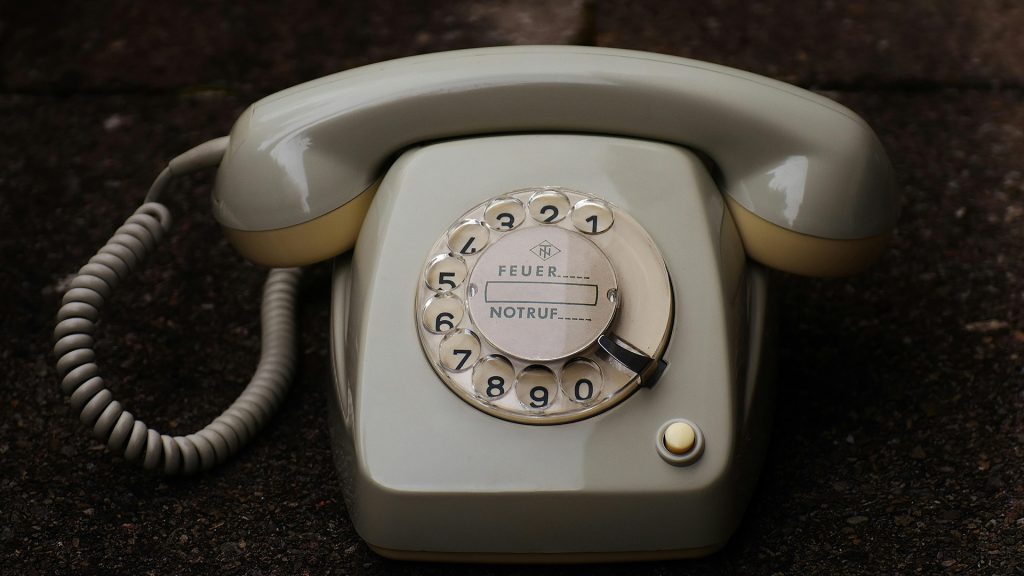
There is a convenience to on-demand content on a mobile phone and that is reshaping both entertainment and communication. Having everything at their fingertips has reduced the need for traditional cable TV and landlines.
Fancy China Cabinets
At one point in time china cabinets were all the rage but now they are all but extinct with the newer generations. They now lean towards minimalistic and space-efficient homes often opting for floating shelves and multi-use furniture.

This shift in preference reflects a changing in interior design trends. There is now a reduced emphasis on displaying formal dinnerware.
Old School Fax Machines
As the younger generations move at a lightning speed pace into a strictly digital world, fax machines are basically obsolete, stripping baby boomers of their hold on society.
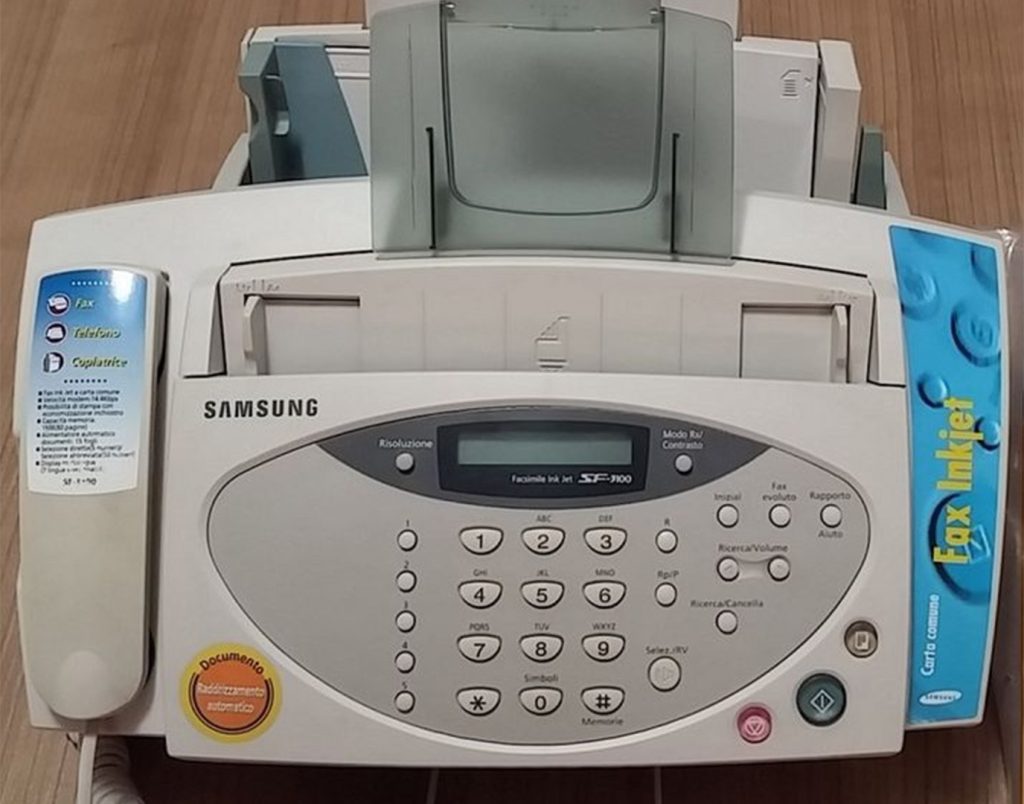
Newer generations rely on digital communication methods such as email and scanners that can even be utilized by any smartphone. They are both more efficient and more eco-friendly. This move is reflective of tech advancements which leave the need for physical faxing in modern workplaces obsolete.
Formal Silverware
Having to polish the silverware is a task that will no longer keep people up at night. The use of this traditional relic is less prevalent than it used to be.

Younger generations prefer more practical dining utensils such as stainless steel or disposable options. This move highlights a big change in dining habits and a shift towards convenience rather than formality. It has impacted the prominence of classic silverware in everyday use.
Broadcast TV
Broadcast TV is not what it used to be and is no longer the powerhouse it once was back in the day. With the onset of technology, people prefer their streaming services. They offer flexibility and convenience with the mobility that is not offered by broadcast TV.
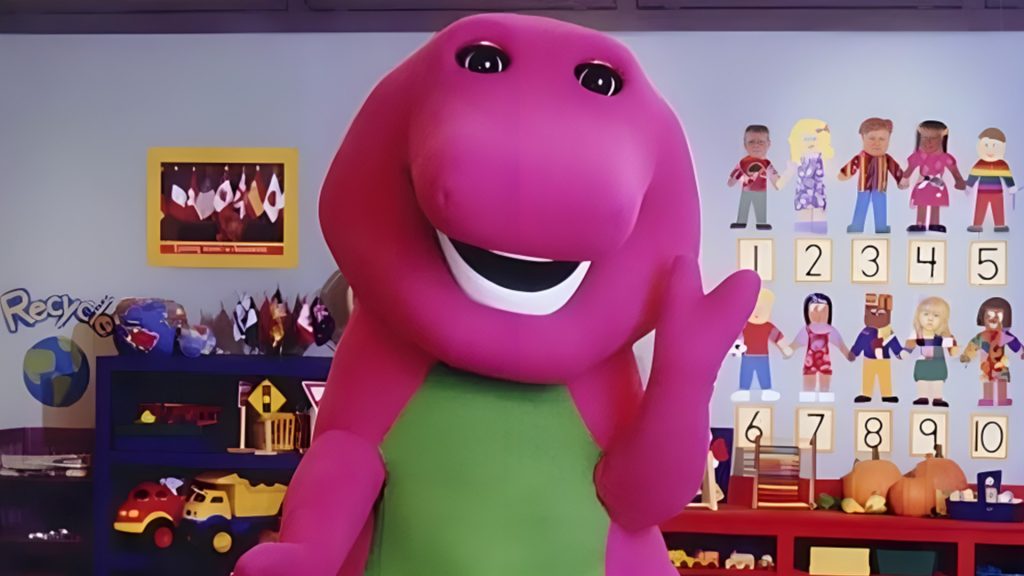
The ability to watch shows and movies anytime on a multitude of devices is reshaping how people consume entertainment, thus reducing the need for traditional broadcast TV.
Physical Print Newspapers
As baby boomers enter their golden years, the need for physical newspapers declines. Many people now prefer the ability to go online for their news.

They can access news on websites and mobile apps giving them real-time updates. This shift reflects the fast changing media landscape which leaves printed newspapers at a disadvantage.
Paper Maps and Map Books
When was the last time you used a map to get from point A to point B? Well back in the era of paper maps, this method was thriving.
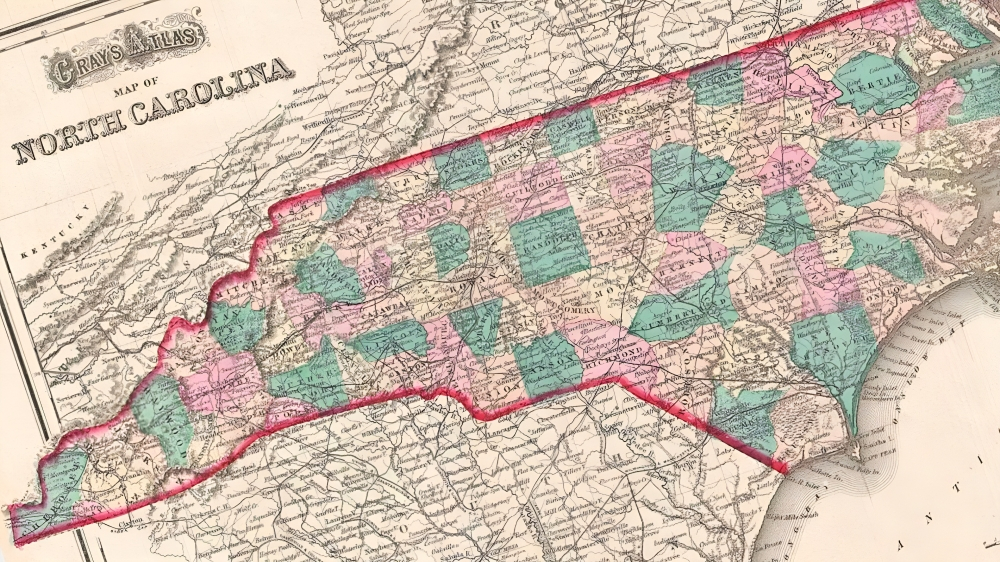
Nowadays people rely on digital maps and GPS on their smartphones for convenience. This transition is reflective of the extreme integration of technology into daily life leaving the need for physical paper maps for navigation reduced.
Written Letters
Sending written letters is all but an extinct practice as they are not as practical as they used to be. Younger generations lean towards digital forms of communication, such as texting, social media and email.

These means provide faster and more convenient ways to get in touch. The almost long lost art of sending handwritten letters reflects a change in communication styles in the digital age.
VHS and Cassette Tape Players
VHS tapes and cassette tape players are basically unrecognizable to the youngest generations. This is a real testament to the degree to which they have been completely phased out.

The new generations consume media instantly through digital means favoring streaming services, and digital downloads. The convenience offered by the higher quality digital formats have made VHS tapes and tape players obsolete.
Brick and Mortar Video Rental Businesses
As baby boomers age out, brick-and-mortar video rental stores are basically nonexistent. These stores at one point were bustling hubs for cinematic enthusiasts but now face a dwindling interest. Younger generations utilize their smartphones to stream digitally.
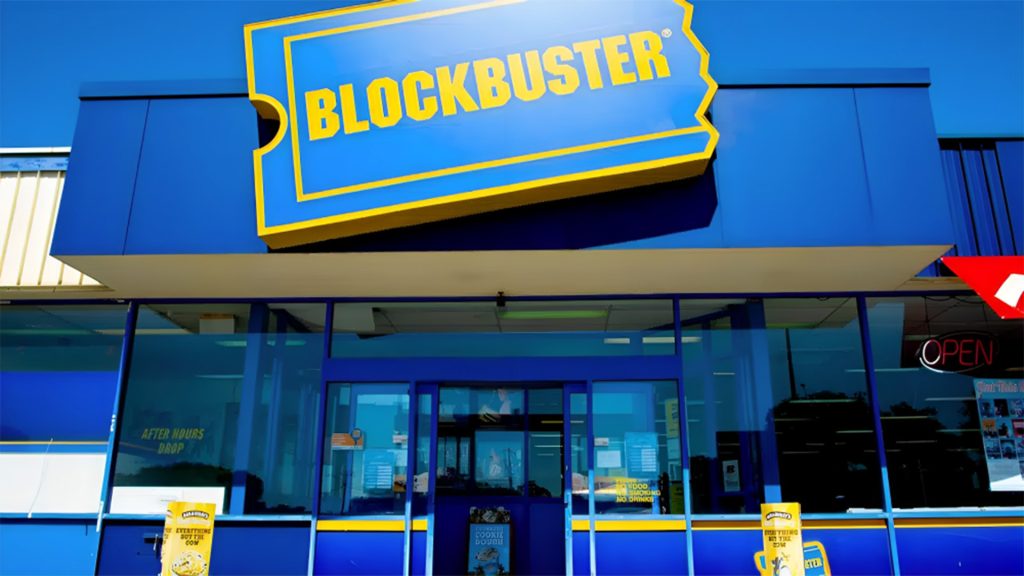
There is a convenience in the ability to access a vast library of movies and TV shows from the comfort of their phones leaving traditional video rental stores struggling.
Physical Music CDs
CDs are virtually relics of the past at this point. They are on track to become extinct as baby boomers age. The newer generations mostly stream their music through digital platforms.

Those services have vast libraries of songs which can be accessed instantly. There is also a cost-effectiveness to digital music which has led to a reduced demand for physical CDs.
Standalone GPS Machines
The era of standalone GPS machines is all but gone as baby boomers pass on. Younger generations tend to rely on the convenience of apps on their smartphones.
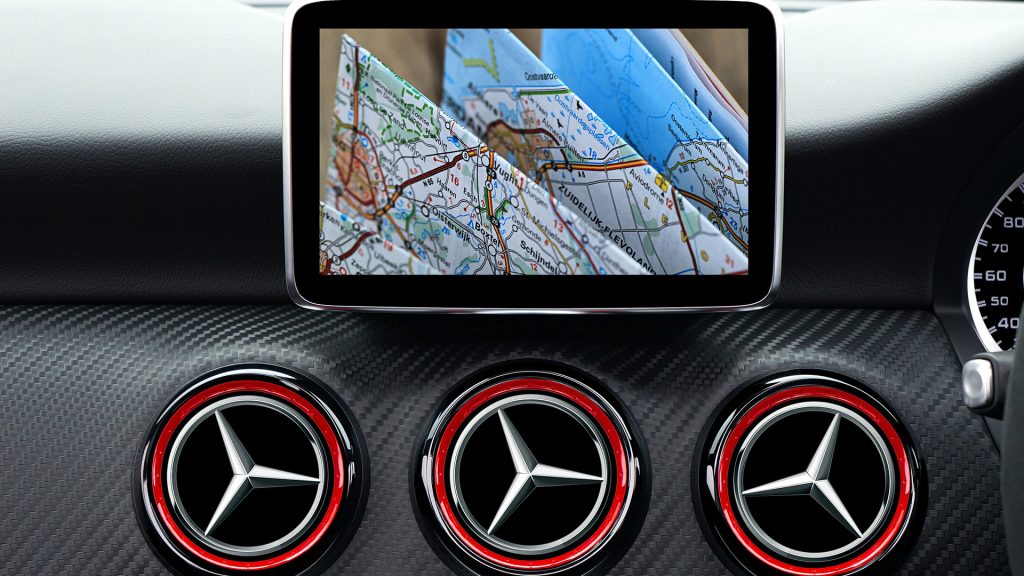
This has eliminated the need for a separate device. This is a transition that has shown a light on the increasing role of smartphones as multipurpose tools..
Photo Albums
Physical photo albums have become less common today in comparison to the era of the baby boomer. Newer generations prefer digital platforms, such as social media and cloud storage for sharing photos.

These platforms provide immediate access, effortless sharing, and limitless storage all of which has contributed to the decline in popularity of creating physical photo albums.
Printed Film Cameras
Film cameras, once a staple, are fading into obscurity at light speed as baby boomers age. The rise of digital photography has risen due to its offer of instant gratification and cost-effectiveness.
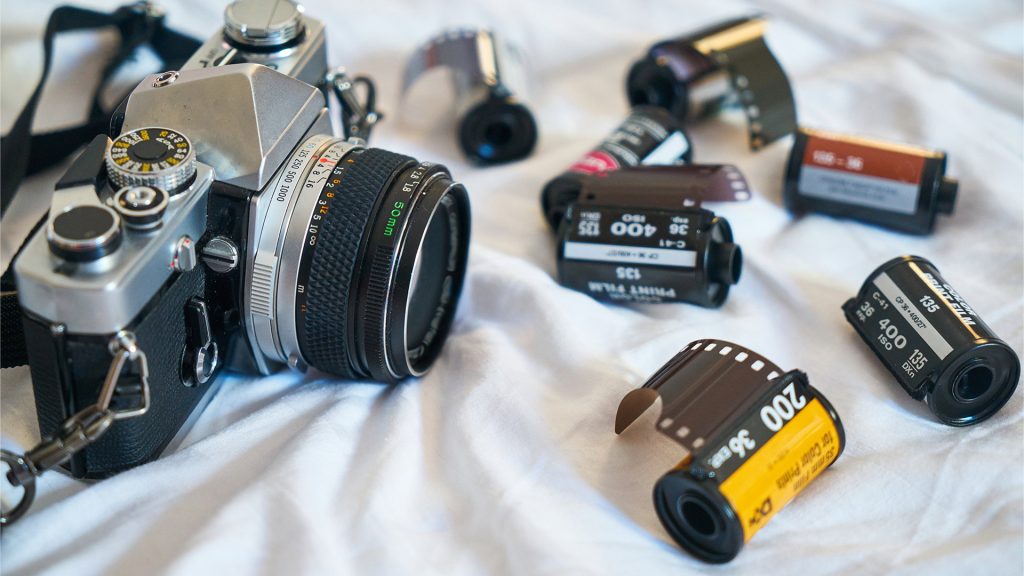
It also offers the chance to take the perfect picture through countless shots without the limitations of film. Because of this, film cameras are now mostly collectors’ items marking a significant shift in how memories are captured.
Physical Encyclopedias
Physical encyclopedias were once prized “household art” but are now fading from relevance as baby boomers age. The digital age has brought in the easy access of updated online encyclopedias.

Younger generations now prefer the ease and convenience of looking up information online. This marks the end of an era for physical encyclopedias.
Pagers and Beepers
Pagers were once the pinnacle of professional communication and technological advancement that are now nearly obsolete. People now have and primarily used mobile phones with sms message and call capabilities, rendering pagers essentially irrelevant.
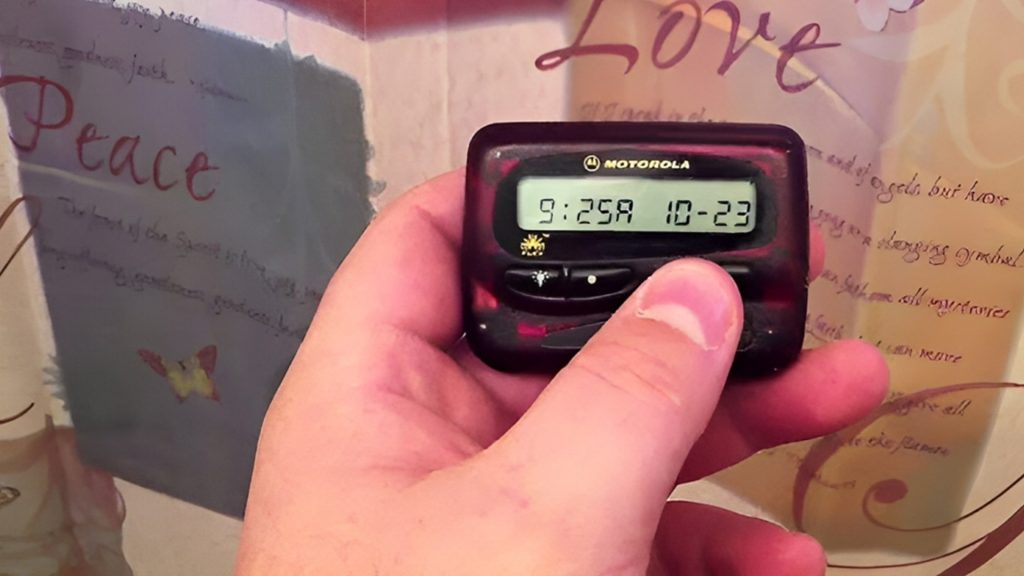
This shift highlights an evolving landscape of communication technology. Instant, two-way communication is expected which makes pagers a nostalgic memory.






